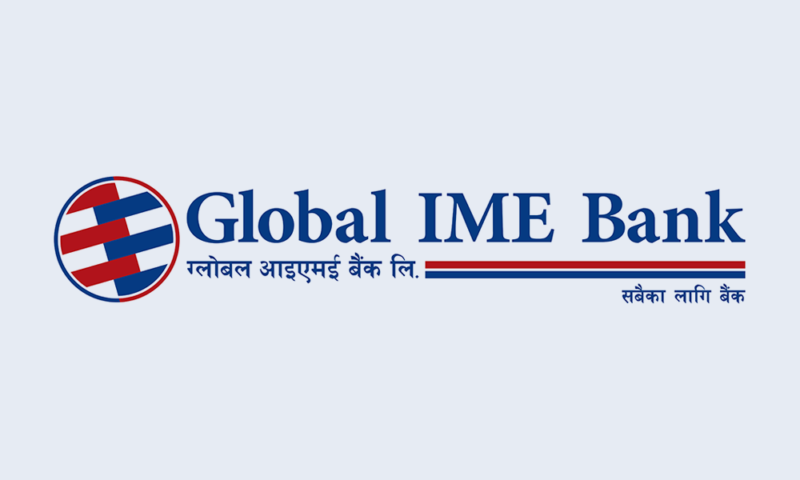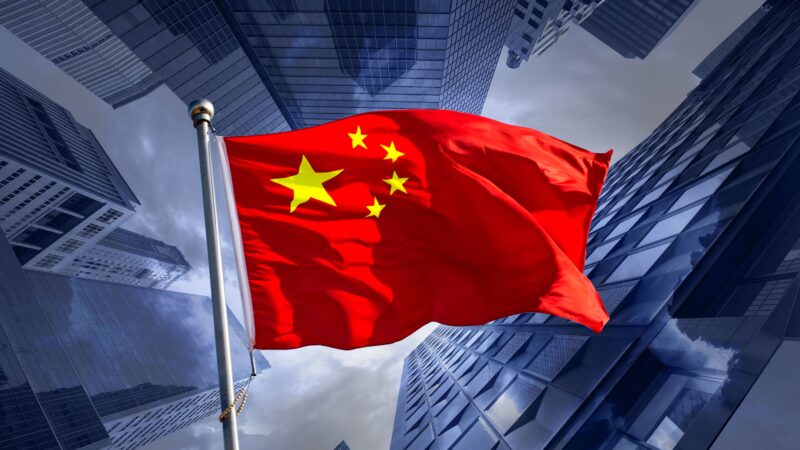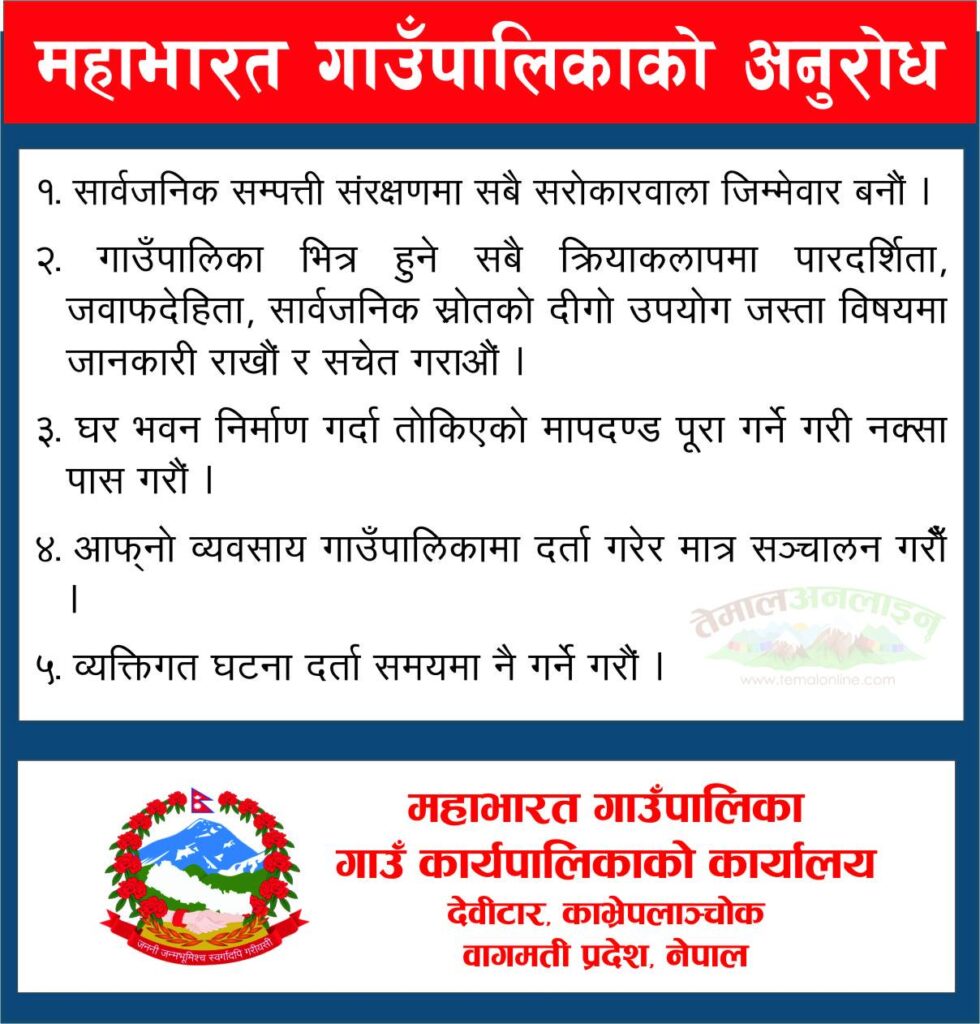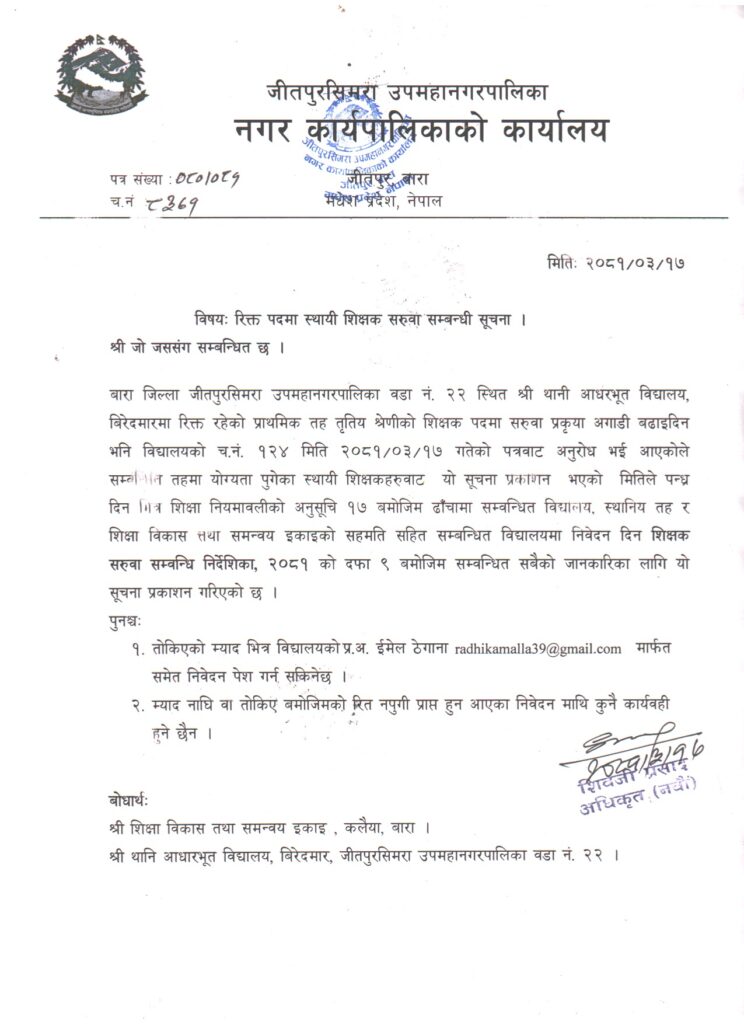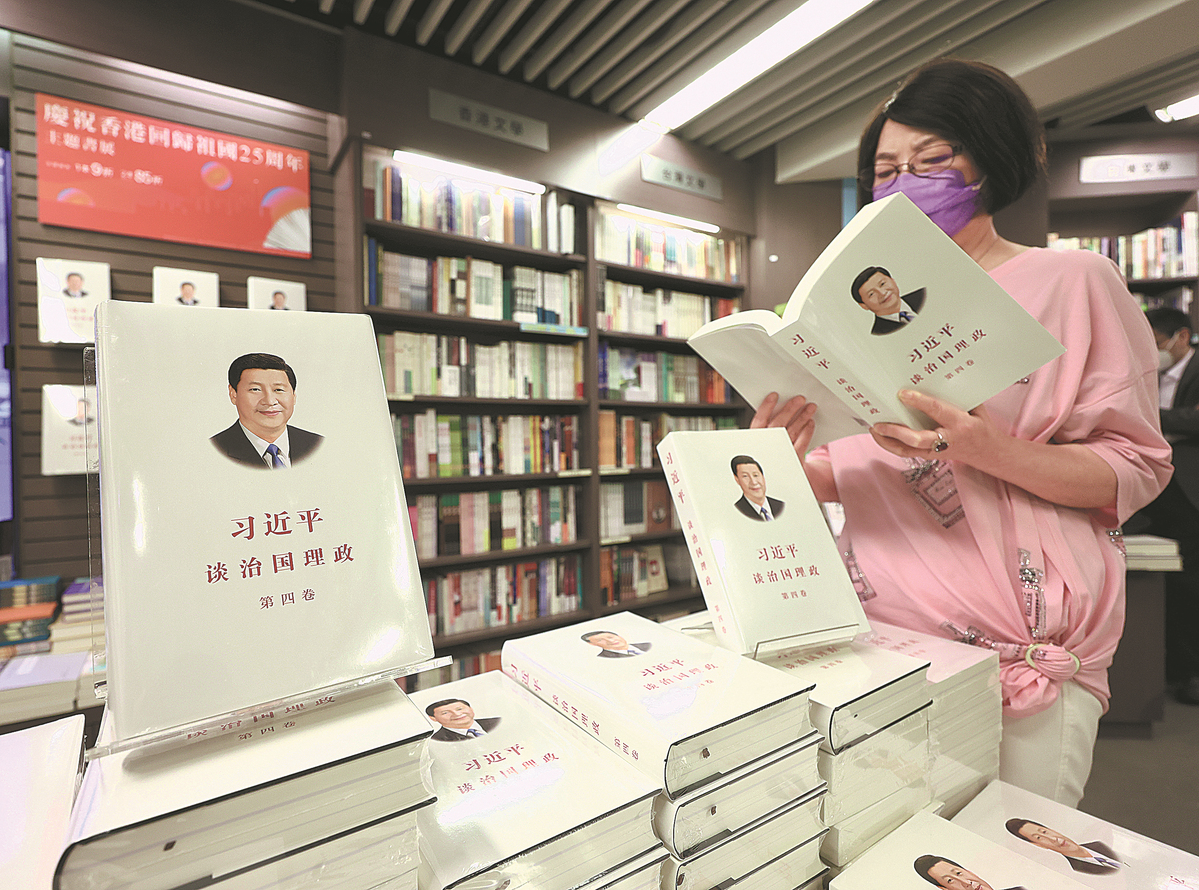
Xi Jinping’s Ideas Promote Innovative use of Marxism in New Era
Dev Prasad Gurung
Volume IV of The Governance of China by Chinese President and Secretary-General of the Communist Chinese of China, Xi Jinping, is thought-provoking, epoch-making, innovative and forward-looking, and the ideas there share the worldviews of Xi.
The ideas of Xi Jinping expressed in the book seem truly vital in the development of Marxism, Leninism and Mao Thought in the 21st century.

Especially, after the completion of the People’s Democratic Revolution in China, Xi Jinping’s new concepts are focused on developing the Chinese society into a socialist society in the book.
The revolution uprooted the feudalistic mode of production but the capitalistic mode of production was not uprooted. By utilizing the very capitalistic mode of production, the current Chinese leadership is marching ahead in the path of making a socialist country in all respects. In this respect, the CPC under the leadership of Xi Jinping, has aggressively worked to sabotage corruption, one of the ills of democracy under which a handful of people had captured the state resources, and effective interventions are taken by the CPC under the leadership of the Xi Jinping. The CPC, to some extent, achieved success in curbing corruption and maintaining good governance in China. From this, China has ensured the best service delivery to the proletariats, working-class people, poor and peasants by ensuring access after managing the state’s resources under the control of the state to share its profits to the grassroots people.
As a result of such massive intervention, the root causes and results of poverty have been eliminated. Thus, the Chinese government under the leadership of Xi Jinping has achieved a landmark victory in eradicating poverty by using the state’s means and resources or by appropriate distribution of the means and resources. So, reading this book is insightful for the transformation of a poor society towards a prosperous and disciplined one.

Being able to keep the state’s means and resources under the state’s grip and people’s surveillances, China created an equitable, justifiable and fair distribution system in place. As a result of such interventions, China made a great departure to a social welfare state by making a great leap forward in making a justifiable and equitable society in an effective manner, which is truly articulated in the book and the Volume Four of The Governance of China is a good reference to the world’s communist leaders too.
Likewise, the industry and agriculture sectors, the two vital pillars of the state’s economy, are optimally optimized, and massive deployment of human resources is ensured along with the application of modern science and technology backed by research and development (R&D). As a result of this, historical achievements were obtained on socio-economic fronts, and that uplifted the human development index (HDI) of China at an insurmountable pace. The unstoppable economic growth of China in the past 45 years, which was prepared on the basis of Chairman Mao Zedong’s revolution against feudal and external forces and leader Deng Xiaoping’s reforms and open-up policy, not only brought millions of Chinese people above the poverty line but also contributed to ensuring sustainable development in the entire world through China’s best practices against poverty eradication. This success was achieved in China through the pro-people interventions of visionary leader Xi.
Moreover, China’s role in regard to the world’s current situation has played a balancing role in maintaining a multi-polar world by ending the one-polar world, and China has played a crucial role in dismantling the hegemony of the west in the world system. The existing world order imposed by the west through its military alliance is coming to an end soon. Against this backdrop, China has not only created a multi-polar world but is also advocating peace and prosperity, harmony, and cooperation instead of war. By the role of China, the policies of the warlords in the world are gradually becoming weaker. And world peace, goodwill, harmony, and cooperation are getting momentum, and the other countries in the world are getting united under these themes, thanks to the lead of the CPC, the Chinese government, and President Xi Jinping. Furthermore, south-south cooperation has deepened more than ever before, and the world community is further united and solidified.
So, from national and international viewpoints, the CPC, under the leadership of Xi Jinping, has rightly grasped, used, internalized, and advanced Marxism, Leninism, and Mao Thought and implemented them rightly in the Chinese soil. This success has offered the best model and an optimistic message to the world community for the communist movement. This has not only united the world communist movement but also led it by taking the oppressed countries on board in several ways. This has helped in the promotion of the oppressed countries’ territorial integrity, sovereignty, and independence.
Likewise, the book of Xi Jinping has offered several messages for maintaining global peace, friendship, brotherhood, and promoting win-win cooperation. That’s why the ideas of Xi Jinping in this era are historically correct and progressive.
Finally, the ideas of Xi Jinping expressed in the book are truly important for ensuring equality, global peace, goodwill, and cooperation by innovatively using Marxism, Leninism, and Mao thought.
Gurung is the Secretary-General of the Communist Party of Nepal (Maoist Centre)



